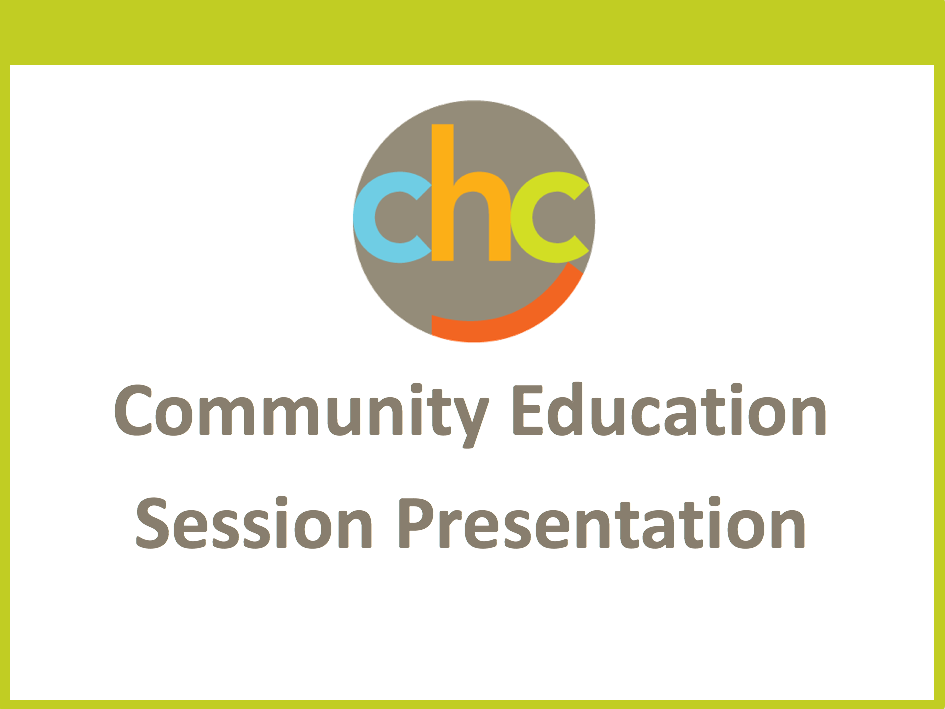Executive Functions: What They Are and How to Support Them [presentation]
Studies show that Social Emotional Learning (SEL) is a critical factor to success, even more so than academics. SEL and Executive Functioning go hand in hand. Together they represent the missing puzzle piece for education. Learn more from Vivien Keil, PhD and Vanessa Fasoli, ACC, about these important areas and how they relate to success in home, school and life. Read more ›



 It may be hard at this age to engage your child in a long discussion about emotions, but taking a couple of minutes a day to ask “What made you feel good today?” or “Did anything upset you today?” is a great way to show you care. Try to avoid questions that will get a “yes” or “no” answer to create more conversation.
It may be hard at this age to engage your child in a long discussion about emotions, but taking a couple of minutes a day to ask “What made you feel good today?” or “Did anything upset you today?” is a great way to show you care. Try to avoid questions that will get a “yes” or “no” answer to create more conversation.

